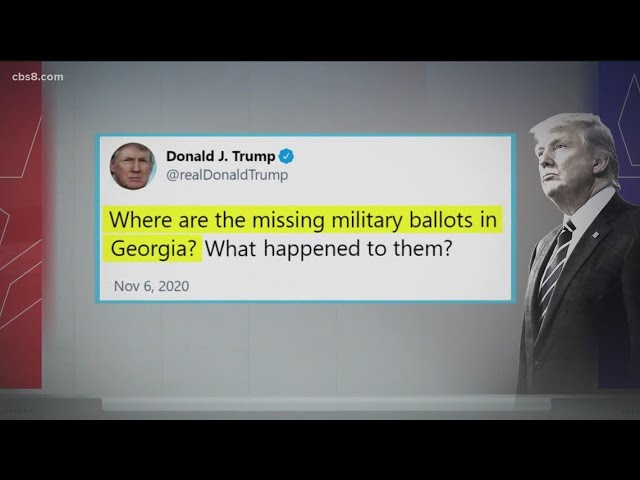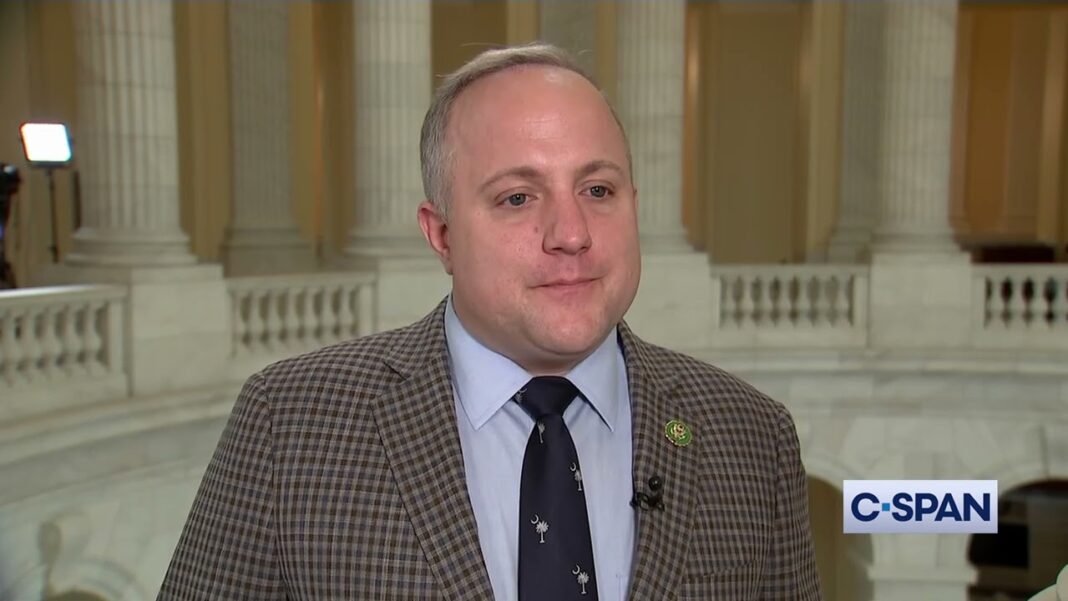Preliminary election results announced right after an election often include the caveat that officials still need to count the overseas military ballots before finalizing results.
The general voting population in the United States promptly ignores that caveat and runs with the preliminary results. To them, overseas votes are an afterthought.
But policy changes, and a Democratic effort to register international voters, have quietly altered this longtime Republican-leaning, mostly military voting bloc into an unpredictable force with the potential for fraud and the power to sway elections.
Voters Who Never Lived in the US
Absentee voting privileges for those living outside the United States were once only for military members serving abroad. But many people living outside the country can vote, including some who have never lived in the United States.
Passed by Congress in 1986, the Uniformed and Overseas Citizens Absentee Voting Act (UOCAVA) allows absentee voting by members of the U.S. military and merchant marine; their family members; and U.S. citizens residing outside the United States.
It means, even if they have never lived in the United States and never intend to, people born in other countries to parents who are U.S. citizens are themselves considered U.S. citizens and may vote in U.S. elections. The states that allow voters to register and vote even if they have never lived in that state are listed below.
No Longer Mostly Military
In the past, most UOCAVA voters were connected to the military, a block that often leans Republican.
But in the 2020 election, 63 percent of UOCAVA ballot returns were non-military, while military members and their dependents made up just 37 percent of the total overseas ballot returns, according to data gathered by Verity Vote, a group of citizen volunteers with data research and investigation backgrounds who investigate elections.
Increased Overseas Voting During Pandemic
The COVID-19 pandemic caused the United States to advise Americans abroad to return home. Business people, study-abroad students, religious missionaries, and holiday travelers returned to the United States in great numbers.
The Department of State (DOS) ordered many employees to return home and to help them, additional rows of seats were installed on contracted airplanes. As of June 1, 2020, DOS had arranged 1,140 flights from 136 countries to bring home 101,386 Americans, a government video describing the effort shows.
By Beth Brelje







